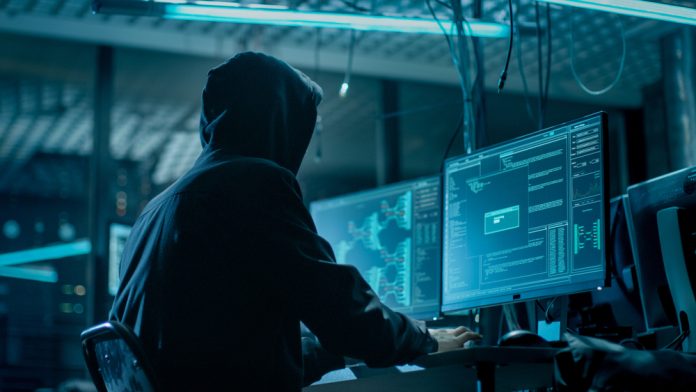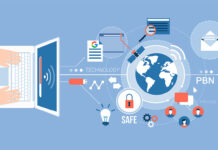
A ransomware attack is a classic ticking clock scenario. Suddenly, your critical business data has been taken, hostage. Hackers have used advanced encryption to make them inaccessible, and are now charging an exorbitant amount of money to decrypt them. How are you going to react? Can you guarantee the security of your data if you refuse to pay, or even if you do? As you ponder your options, your organization remains paralyzed. Evmery minute that passes increases the pressure to make the right decision. In this situation, you must go through the process of ransomware recovery.
Best malware protection for business is one of the top concerns for businesses today. In this guide, this blog gives the detail of the ransomware threat and what you can do about it. First, we examine ransomware as one of the many recovery security threats facing businesses today. We will then delve into the nature, effects, and direction of this insidious form of attack. Moving from awareness to empowerment, we then examine the elements of risk management, including planning, prevention, monitoring, and rapid recovery.
A ransomware attack uses malware to encrypt systems and data in order to collect a ransom to decrypt files. In a ransomware attack, cybercriminals hold your data and systems hostage. Without privacy strategies in place, a ransomware attack can cause a catastrophic data breach and disrupt business continuity.
What is Ransomware Recovery?
A ransomware attack is a malware attack that encrypts your systems and data. The attackers demand a ransom to decrypt your data. So, that you can access it again. Attackers often request payment in cryptocurrency, as it is anonymous and less traceable. The requested ransom money can be small or large.
Here are some important tips to recover the data from ransomware and build the best malware protection for business:
-
Take Separate the Infected Device
If you suspect a computer is infected, the first thing to do is to isolate it from other devices. Disconnect it from the network and any external storage devices. Encryption worms are actively looking for connections and other computers, so companies can prevent this from happening. They also don’t want ransomware to communicate with their command and control center through the network.
-
Keep Your Information Store Offline
In recent years, more and more ransomware attacks have become a business headline, and many companies are reconsidering and looking for different types of backup to protect their organizations from these growing threats. However, there are two types of backups. If your backup your data online, it could be hacked. On the other hand, local offline backups (backups that are stored in your organization’s physical space but are not connected to your organization’s electronic systems) are more secure and help you get back to normal faster if an attack occurs.
-
Educate Your Staff
It takes a certain amount of knowledge to use a computing device, large or small, hardware or software. Without a proper understanding of how it works, there is an increased risk of bugs or security vulnerabilities. To protect customer data, you must ensure that each of your users is informed and trained about the systems they operate. That means setting up courses, videos, workshops, whatever it takes to train users on guidelines and best practices for good data security.
-
Improve The System of Backup
To avoid data loss due to hacking attacks, it is recommended to make regular backups of all data. Today, most hosting companies offer backup and recovery services that are indispensable when using big data. Storing patient data in different locations can significantly reduce the number of data breaches and make the system less vulnerable.
-
Clean Up Your System or Devices
There are some software packages that claim to remove ransomware from your system, but there are two problems with this. First of all, you cannot be sure that anyone except the attacker will be able to completely remove the ransomware. The second is that even if your system is successfully cleaned up, you may still be unable to access your data. A Business security system must have some unique software to prevent attacks.
Bottom Line
It is not confirmed but you may face a ransomware attack at some point. Then, you really need a business security system. The key is to make sure you know what to do when this happens, and once your system has cleared all traces of malware, you can safely recover your data. Ransomware recovery is very important because it is very terrible. Moreover, it can be very expensive and time consuming.





